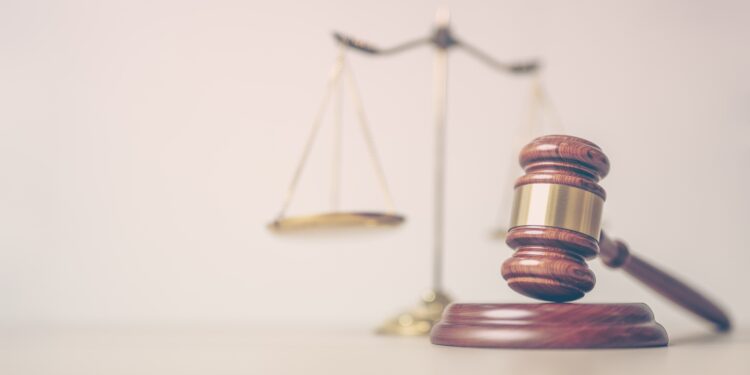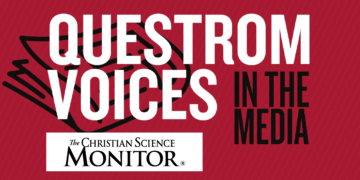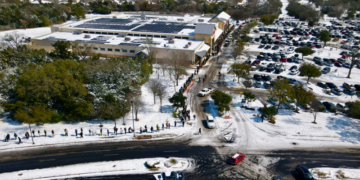Fairness is more than a moral ideal, it’s the invisible currency that keeps democracies and markets functioning. In his latest Insights@Questrom blog post, Nalin Kulatilaka, Wing Tat Lee Family Professor in Finance discusses how when people lose faith that the rules are applied evenly, trust collapses, and with it, the stability of entire systems.
When people believe the rules are rigged, they stop playing by them. Fairness—not growth or efficiency—is the true foundation of stable societies. We saw this during the 2008 financial crisis: as millions lost their homes, Wall Street executives collected bonuses and bailouts, shattering faith in the promise that hard work brings stability. The problem wasn’t just inequality but the sense that outcomes no longer matched effort, and trust collapsed.The roots of both Occupy Wall Street and MAGA trace back to this breach of faith. Occupy blamed Wall Street and pushed for regulation and redistribution; MAGA faulted global trade, immigration, and a distant elite, calling for nationalist fixes. Different villains, same grievance: the rules felt rigged and the link between effort and reward was broken.
History offers sobering precedents. In the late-19th-century Gilded Age, soaring fortunes of industrial barons alongside brutal labor conditions convinced many Americans that the economic game was fixed, fueling violent strikes, populist uprisings, and eventually sweeping antitrust and labor reforms. In Weimar Germany after World War I, hyperinflation, mass unemployment, and reparations created a sense that the system punished the hardworking while shielding speculators and insiders; the resulting loss of faith in democratic institutions paved the way for extremist movements. In both cases, perceived unfairness—not merely poverty or slow growth—eroded trust in the rules and destabilized society.
Fairness is more than a moral virtue – it’s a civic currency. It underpins both distributive justice (how rewards are shared) and procedural justice (how rules are applied). Perceived fairness is just as important as actual fairness and how both activists and politicians use social media to create perceptions to weaponize this phenomenon. Behavioral economics shows we’ll even sacrifice personal gain to punish unfairness, because legitimacy matters more than profit. The same logic holds in nations: citizens tolerate inequality if they believe the process is fair. But once they see a game rigged in favor of elites, legitimacy vanishes – and populism or unrest fills the void.
This dynamic transcends ideology. From Adam Smith to Karl Marx, from Hayek to Friedman, thinkers across the spectrum recognized that systems survive only when fairness feels real. Democracies rely on it for consent; markets rely on it for competition; even autocracies invoke it to maintain stability.
Today, the fairness deficit spans economics, culture, and politics. Workers feel advancement depends on connections, not merit. Voters suspect laws favor the wealthy. Communities see cultural change happening to them, not with them. The result is the same everywhere: distrust.
Restoring fairness means more than policy tweaks, it demands a recommitment to equal rules and real opportunity. That means breaking monopolies that stifle competition, ensuring every vote counts equally, and rebuilding systems where effort, not privilege, determines success.
Fairness is the invisible glue holding democracies and markets together. When it’s abundant, societies thrive. When it runs out, no amount of money or power can buy back trust.
In the end, fairness isn’t just a value, it’s infrastructure. It’s what allows markets to reward innovation and democracies to renew consent. Rebuilding trust begins by rebuilding fairness, because without it, every institution eventually runs on empty.
Read the full piece here.


















![[CBS Boston] ‘Nowhere to Go But Up,’ Jet Fuel Prices Will Likely Cause Airlines to Raise Prices](https://insights.bu.edu/wp-content/uploads/QUESTROM-EXPERTS18-360x180.png)


